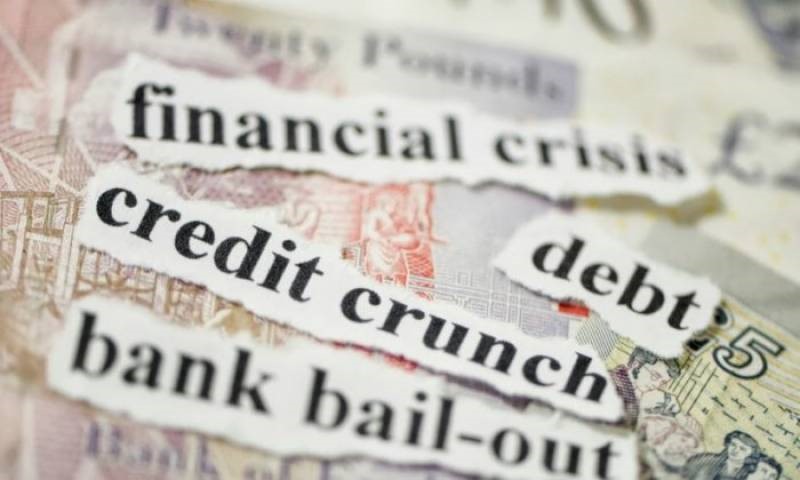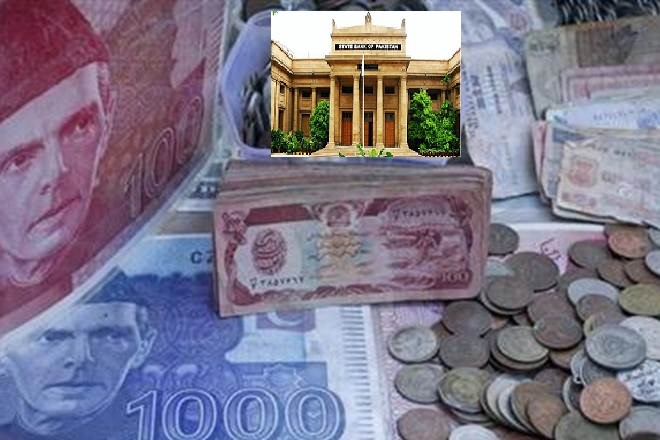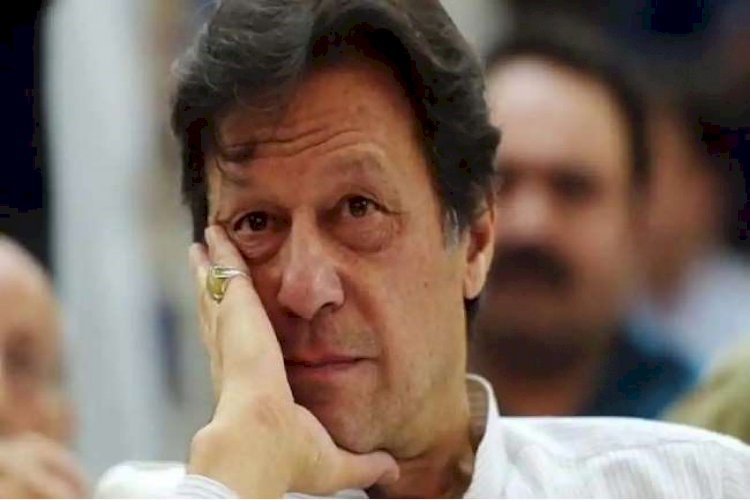Growing Economic Crisis: Pakistan in Soup

Pakistan is facing an economic crisis as the country requires external financing of USD 51.6 billion within two years (2021-2023) to fulfill its needs. Pakistan’s largest English Newspaper the News International has reported that the country is in a deep financial crisis as Pakistan’s financial requirement in 2021-22 is USD 23.6 billion and in 2022-23, USD 28 billion. This massive requirement has come out even though the IMF (International Monetary Fund has adopted a very conservative approach to assess the estimate.
The Pakistani officials are trying their best to make a final effort to reach an agreement with the International Monetary Fund at the staff level to fulfill the gap in external funding requirements. According to News International, if a deal with the IMF under the existing USD 6 billion Extended Fund Facility (EFF) does not reach during the ongoing talks in Washington, this massive gross external financing requirement will be jeopardized, as other multilateral creditors such as the World Bank (WB) and Asian Development Bank (ADB) have suspended program loans.

Pakistan has been facing great economic pressure due to large-scale economic imbalances because of expansionary policies over the years. The main problems in Pakistan’s economic crisis are huge inflation rates, unpredictable and slow economic growth, poverty, and a huge population. These problems are co-related with the rising debt burden, prosperity of few people, and a large amount of deficit. Pakistan is a developing country and having challenges like unemployment, poverty and high inflation has made it fall behind in the group of developing countries. Inflation is influencing its GDP. The specialized decisions on economic policies, proper checks and balances system, and management of inflation rates are completely absent that has led the country to this state.

Pakistan’s Prime Minister, Imran Khan, when came in the political power, people and the World expected the emergence of a new Pakistan that would get integrated into the global economy, but, over a period of time, the expectation turned out to be merely a dream. A country’s strength is determined by its strong economy and Imran Khan’s promise to build a new Pakistan has proved to be a futile aspiration. According to the World Bank’s report, Pakistan has come in the list of top ten nations having the largest foreign debts. The report also states that the foreign debt of Pakistan has increased by 8 percent. In another report, it came out that the government had borrowed USD 442 million from the World Bank. Although, the World Bank and the Asian Development Bank will continue to lend project loans, however, the absence of efficient economic management and strong policies may deter the implementation of projects, which also may result in low disbursement. To tackle the problem, the government and organizations should come up with a result-oriented economic policy, the government needs to pay attention to the stock market and exchange rate in the country. The financial institutes should make specialized decisions on financial activities in the country. The rate of inflation also needs to be maintained as a high inflation rate causes more consumption and fewer savings.